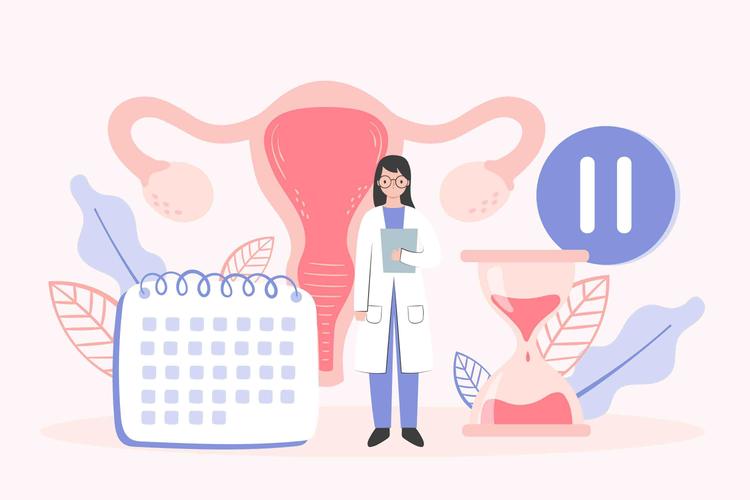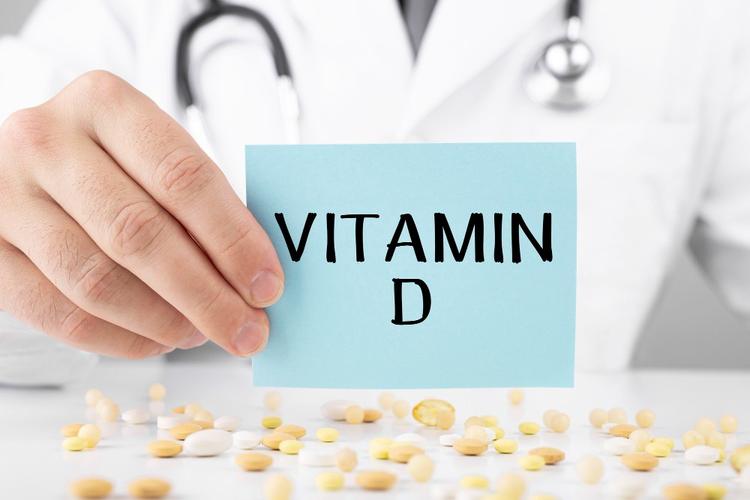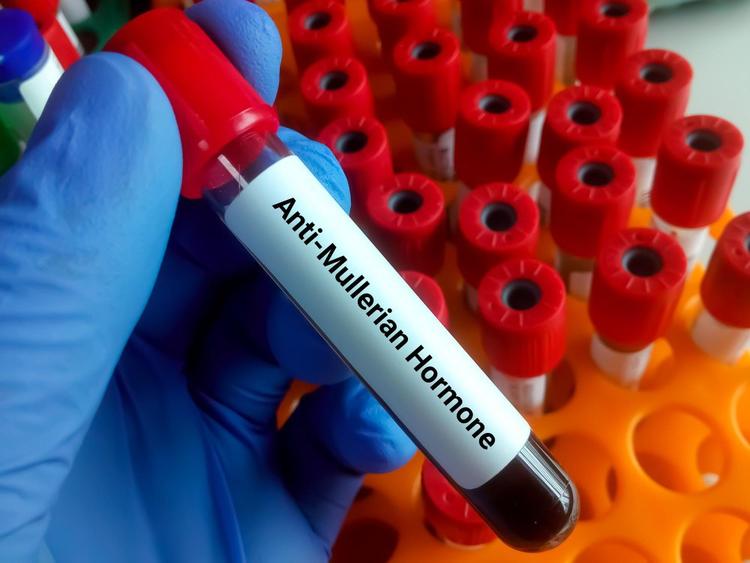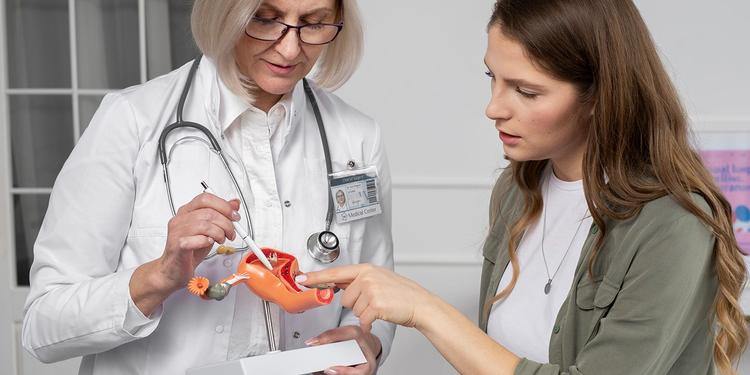Period Pain Relief Tips: 10 home remedies to reduce period pain

Medically Reviewed By
Dr Divya Rohra
Written By Srujana Mohanty
on Feb 15, 2022
Last Edit Made By Srujana Mohanty
on Mar 18, 2024
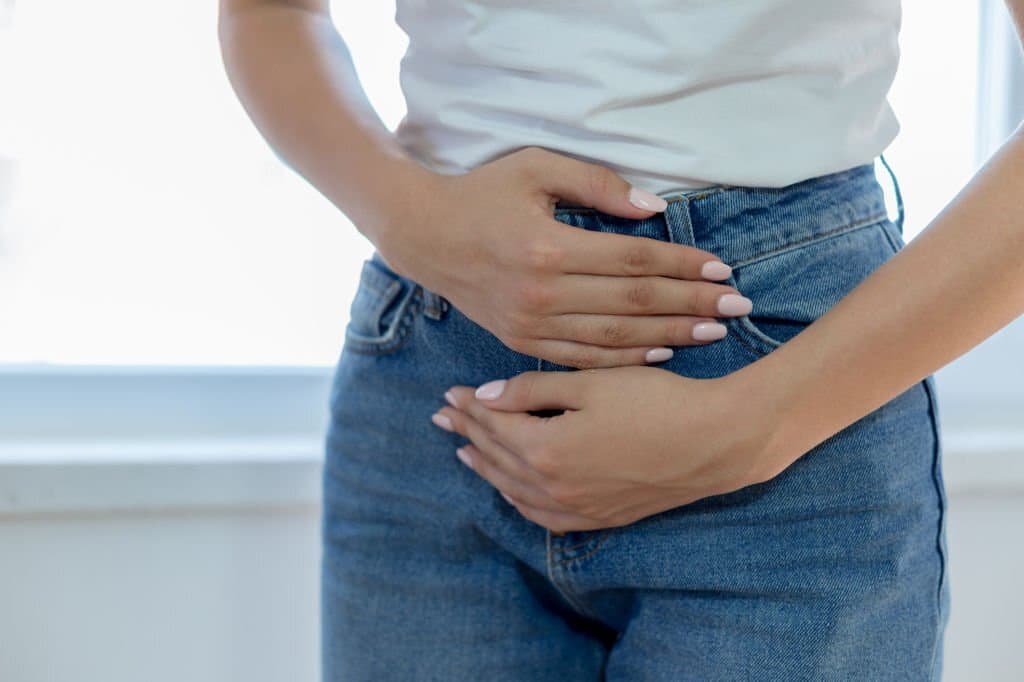
Every month, women all across the world deal with period cramps. According to statistics, more than half of all women suffer from dysmenorrhea or period pain. Different women experience different symptoms of dysmenorrhea. While for some women, period pain is a minor annoyance that goes away on its own, for others, period pain interferes with their daily lives and makes them unable to function. If you also face those extreme days of period pain and are looking for a solution, you've come to the right place.
We've compiled a list of the top ten home treatments for reducing period discomfort and resuming your life.
What causes menstrual cramps?
The uterus contracts and relaxes throughout the menstrual cycle. This aids in the breakdown of the endometrial lining that builds up in the uterus over the month. A hormone called prostaglandin is also produced, which is responsible for period pain and cramps.
Younger women who have irregular periods, smoke, or have a history of period pain are more likely to be affected.
So, what are some remedies that you can use at home?
Heat is your best friend.
One of the most popular methods for relaxing cramped muscles is to apply heat over them. This is true even when it comes to menstrual pain. Keeping a hot water bag, heating pads or hot water bottle over the abdomen might help relieve muscular cramps. Another benefit of hot water bags or heat pads is that they enhance circulation around the abdomen area, which can assist in alleviating overall pain.
Taking a hot showe or soaking in a warm water bath also has the same effect.
https://youtu.be/E4_rgDL2iJ4
Try a few simple exercises.
We understand how painful it is to consider working out during your period. But bear with us. Exercising or simply moving your body, in general, helps to improve overall circulation and lessen muscular period cramps. The increased oxygen supply aids muscle relaxation.
So, during your period, you can try doing some modest aerobic workouts like walking, jogging, or stretching, which are entirely safe and will also help relieve your pain. Exercising causes your body to release endorphins, which are believed to improve mood and lessen cramps.
Yoga
The constant variations in hormones and muscular cramping can cause a painful and uncomfortable experience during periods. Yoga can help relieve the agony of period cramps while also relaxing you.
According to studies, women who practise have significant pain reduction during their periods.
Drink plenty of water.
Another factor that contributes to unpleasant menstruation is not drinking enough water. Our bodies are 70% water, and we need at least one to two litres of water per day to stay healthy. Keeping yourself hydrated and drinking enough water during your period will help you avoid cramps and other period-related discomforts. Drinking enough water will also help you feel less bloated.
Take a pain reliever that is available over the counter.
If the pain is severe and interferes with your everyday life, you may want to consider taking medication. Nonsteroidal anti-inflammatory drugs like ibuprofen, which suppress the action of prostaglandins in the body, can help with period pain. Every person's body uniquely reacts to drugs. Therefore, it is critical to get medical advice before taking any drug to ensure that it is safe for you.
Drink herbal teas
Drinking a mixture of herbal teas, such as lavender and peppermint can help relieve the pain and discomfort of menstrual cramps. Teas like peppermint and chamomile can significantly reduce menstruation cramps. Dysmenorrhea can also be helped by ginger or fennel teas. Chamomile tea also aids in the regulation of prostaglandin action in the body, as well as the enhancement of menstrual blood flow, which is one of the symptoms of dysmenorrhea.
Eat a good diet
A healthy diet plays an essential role in the body's overall functioning and the body's natural pain response. In general, women who eat a better diet have less dysmenorrhoea than women who consume a poor diet. According to a study conducted by the obstetrics and gynaecology institute, a low-fat vegetarian diet is often beneficial in reducing period pain. Include healthy fats in your diets, such as olive oil, salmon, and various nuts such as almonds, cashews, walnuts, and so on.
Sugar and processed foods should be avoided.
Period cravings can make you crave junk food, but they are also known to cause painful periods. Refined foods, such as bread, pasta, and sugary foods, are known to increase inflammation in the body, contributing to period cramping. So, while you may have an intense craving for french fries, cookies, and ice cream, you should limit your intake while your period is ready to start.
Increasing your Magnesium intake
Magnesium is a vital mineral that the body requires to operate correctly. It is also required for normal muscle and nerve function. Compared to women who get adequate magnesium daily, women with a magnesium deficiency have more cramping and period-related symptoms. Consult your doctor and get your magnesium levels tested as a first step. If you are deficient in magnesium, you can increase your everyday intake of Mg, or you might take magnesium supplements.
Caffeine and alcohol should be avoided.
Caffeine is a major hidden cause that contributes to menstruation pain. Today's diet includes a variety of caffeine-rich foods, including chocolate, tea, official drinks, and sodas. As a result, if you want to ease your menstrual pain, you should avoid caffeine when you're about to start your period. It's also not a good idea to drink alcohol because it can cause pain, cramps, and inflammation.
Take away
It is quite difficult for women suffering from discomfort, nausea, and dysmenorrhea to perform regularly. Home remedies are one of the most effective ways to relieve period pain while avoiding unwanted side effects. And taking medicines regularly isn't the only option. You may either use one of the tips or a mix of them to see what works best for you.
FAQ
- Is it true that menstrual cramps cause vomiting?
Nausea and vomiting are frequent symptoms associated with menstruation and dysmenorrhea. A rise in prostaglandin levels causes the uncomfortable sensation you get during your periods.
- Is chocolate good for menstrual cramps?
As milk chocolate is high in caffeine, which can cause inflammation, it may not help reduce period cramps. If you're still craving chocolate, try eating small amounts of dark chocolates, which are high in magnesium and can assist with cramps.
- Can turmeric tea help with period cramps?
Turmeric tea might help to improve menstrual blood flow and relieve period pain. In limited qualities, turmeric tea is appropriate and can help reduce the pain. Excessive consumption of turmeric tea can cause side effects so its generally advised to drink small quantities.
- Do orgasms help in the relief of menstrual cramps?
As orgasms promote an increased rush of blood to the uterus, organisms have been proven to reduce pain during periods. The brain produces two crucial chemicals known as oxytocin and dopamine, which work as natural pain relievers for menstrual cramps.
